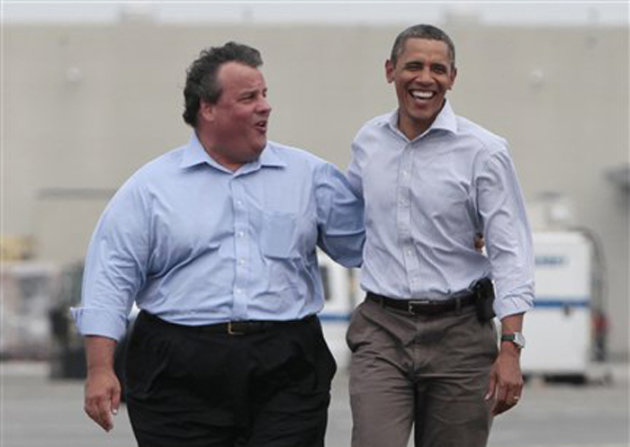G
Guns Guns Guns
Guest
U.S. hospitals are ripping out wall-mounted toilets and replacing them with floor models to better support obese patients.
Cars are burning nearly a billion gallons of gasoline more a year than if passengers weighed what they did in 1960.
Businesses, governments and individuals are only now coming to grips with the costs of those extra pounds, many of which are even greater than believed only a few years ago: additional medical spending due to obesity is double previous estimates and exceeds even those of smoking, a new study shows.
Many of those costs have dollar signs in front of them, such as higher health insurance premiums everyone pays to cover those extra medical costs.
Other changes are coming to the built environment in the form of wider seats in public places from sports stadiums to bus stops.
The U.S. health care reform law of 2010 allows employers to charge obese workers 30 percent to 50 percent more for health insurance if they decline to participate in a qualified wellness program.
The law also funds community demonstration programs for weight loss.
Such measures do not sit well with all obese Americans. Advocacy groups formed to "end size discrimination" argue that it is possible to be healthy "at every size," taking issue with the findings that obesity necessarily comes with added medical costs.

http://www.reuters.com/article/2012/04/30/us-obesity-idUSBRE83T0C820120430
Cars are burning nearly a billion gallons of gasoline more a year than if passengers weighed what they did in 1960.
Businesses, governments and individuals are only now coming to grips with the costs of those extra pounds, many of which are even greater than believed only a few years ago: additional medical spending due to obesity is double previous estimates and exceeds even those of smoking, a new study shows.
Many of those costs have dollar signs in front of them, such as higher health insurance premiums everyone pays to cover those extra medical costs.
Other changes are coming to the built environment in the form of wider seats in public places from sports stadiums to bus stops.
The U.S. health care reform law of 2010 allows employers to charge obese workers 30 percent to 50 percent more for health insurance if they decline to participate in a qualified wellness program.
The law also funds community demonstration programs for weight loss.
Such measures do not sit well with all obese Americans. Advocacy groups formed to "end size discrimination" argue that it is possible to be healthy "at every size," taking issue with the findings that obesity necessarily comes with added medical costs.


